Gold nanoparticles and near-infrared light speed up regeneration and reproduction in hydras, providing insights for regenerative medicine.
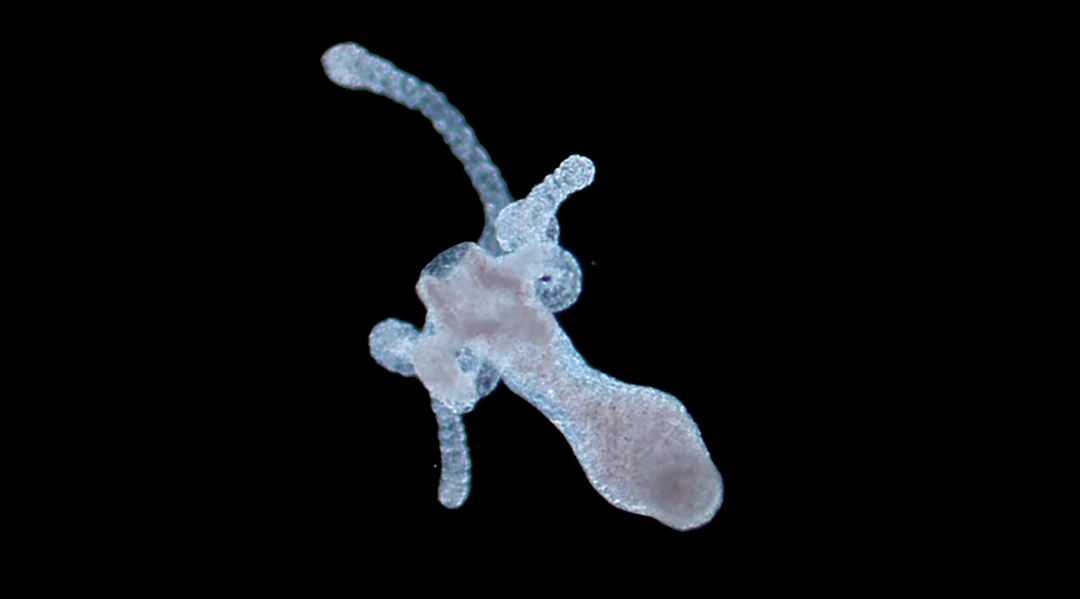

Gold nanoparticles and near-infrared light speed up regeneration and reproduction in hydras, providing insights for regenerative medicine.
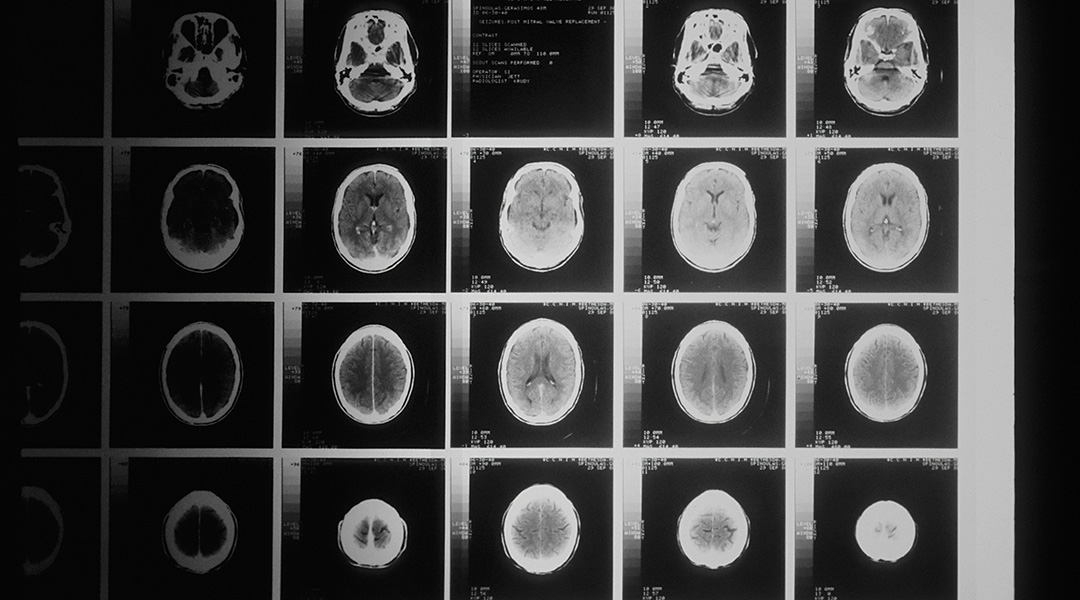
A neural network was able to evaluate connections between brain structure and clinical data to predict psychiatric disorders in youth.
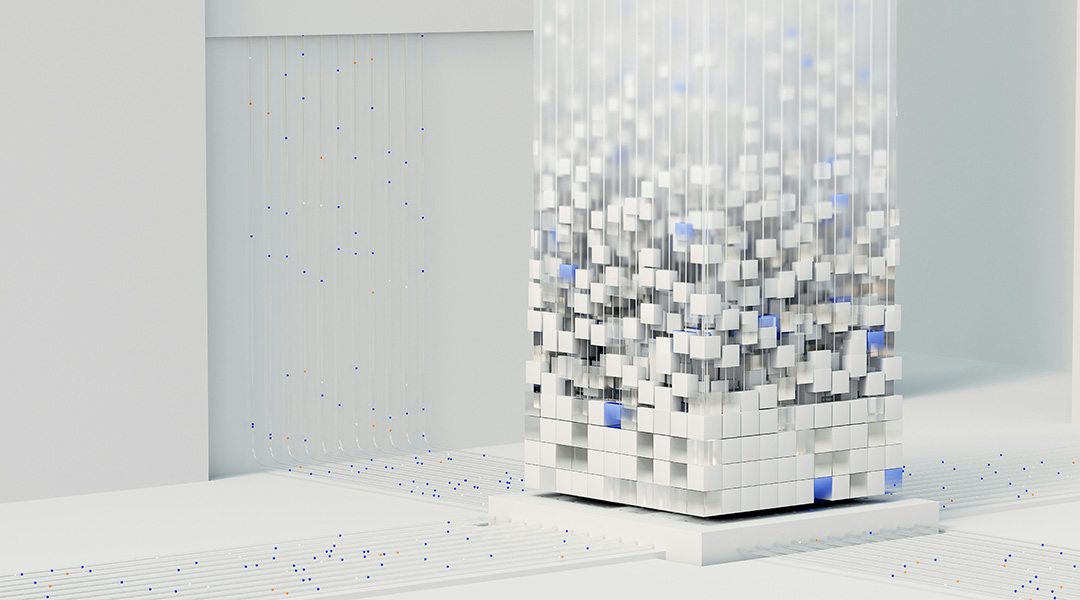
Scientists are approaching disease and diagnosis in a new way, leverage big data to provide better options for both clinicians and patients.
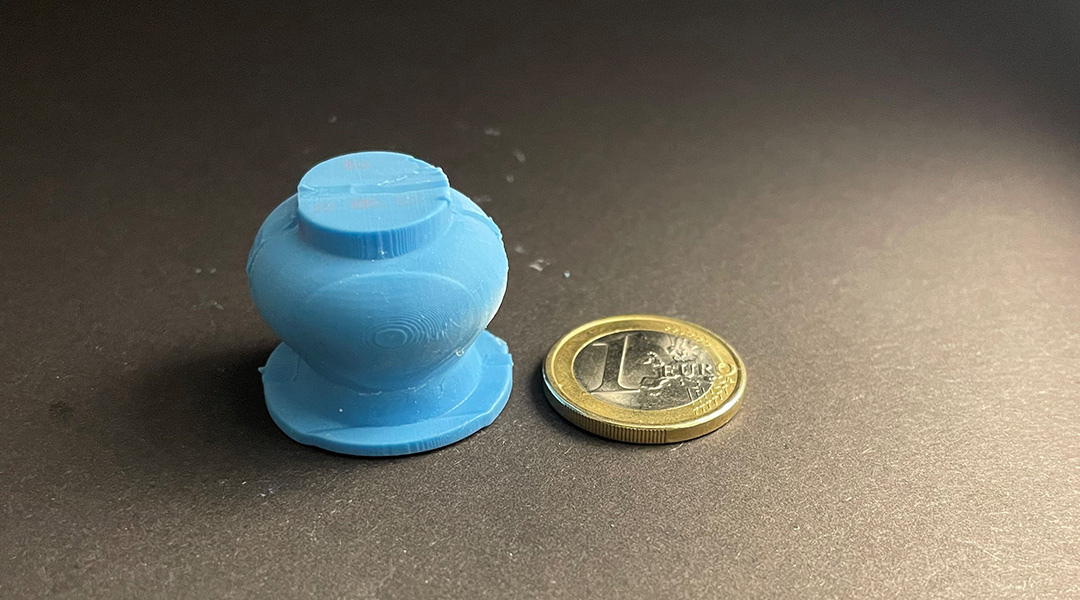
Collecting blood in a painless and minimally-invasive way may soon be possible with this prototype suction cup device.
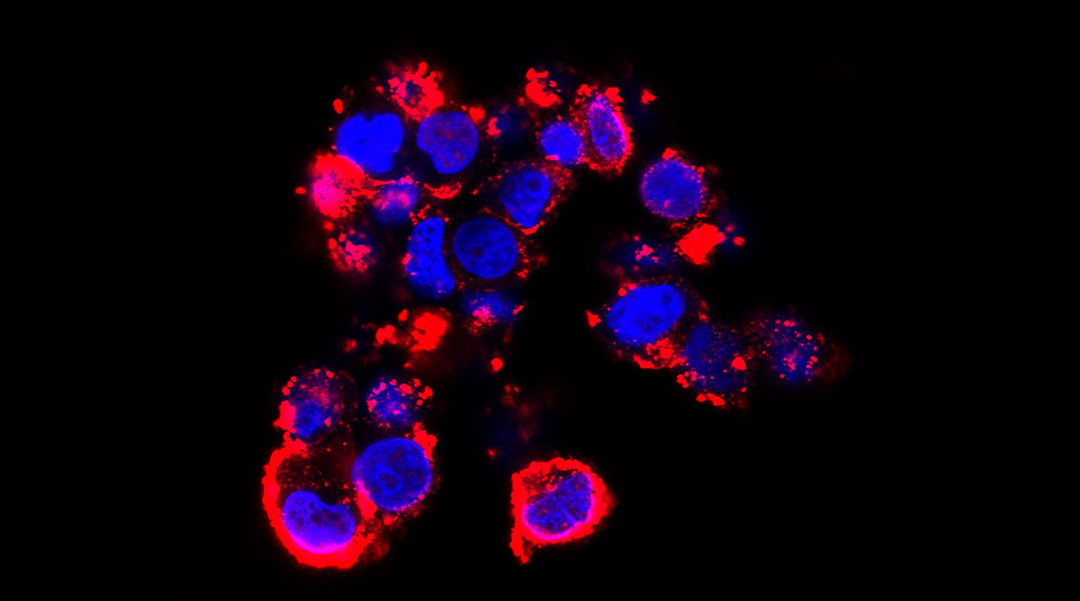
Nanoparticles deliver anti-cancer drugs in hard-to-reach brain tumors prevalent in children, boosting both diagnosis and treatment.

A material derived from avocado pruning waste and bio-polyethylene combines high strength with biodegradability.
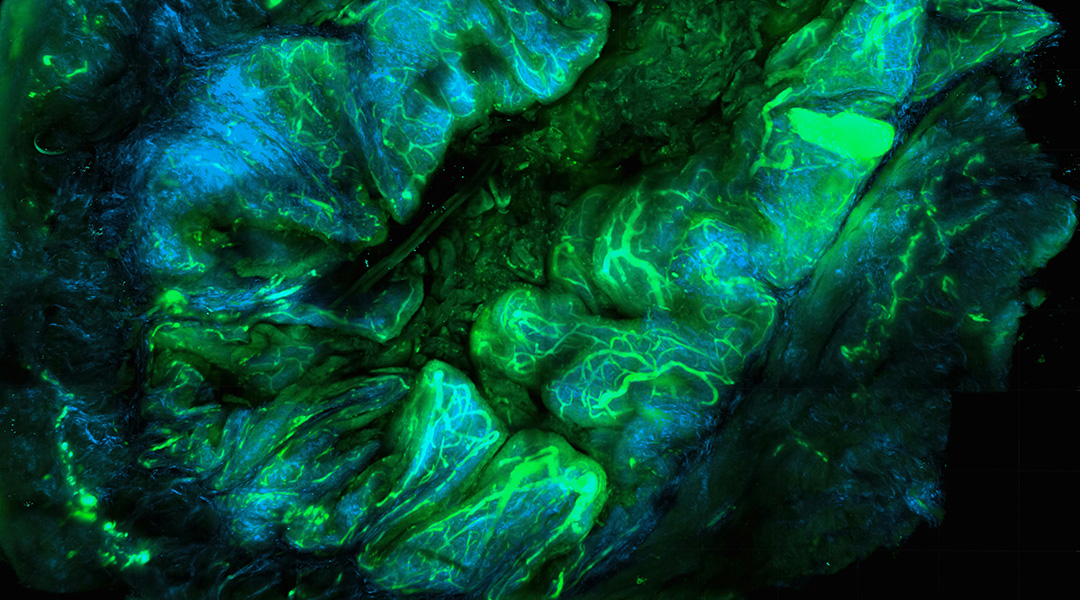
New probe system offers real-time protein mapping within living cells, unlocking insights into cellular function and disease mechanisms.

A new study finds that amyloid beta, a culprit in Alzheimer’s disease, is important for maintaining a healthy liver.
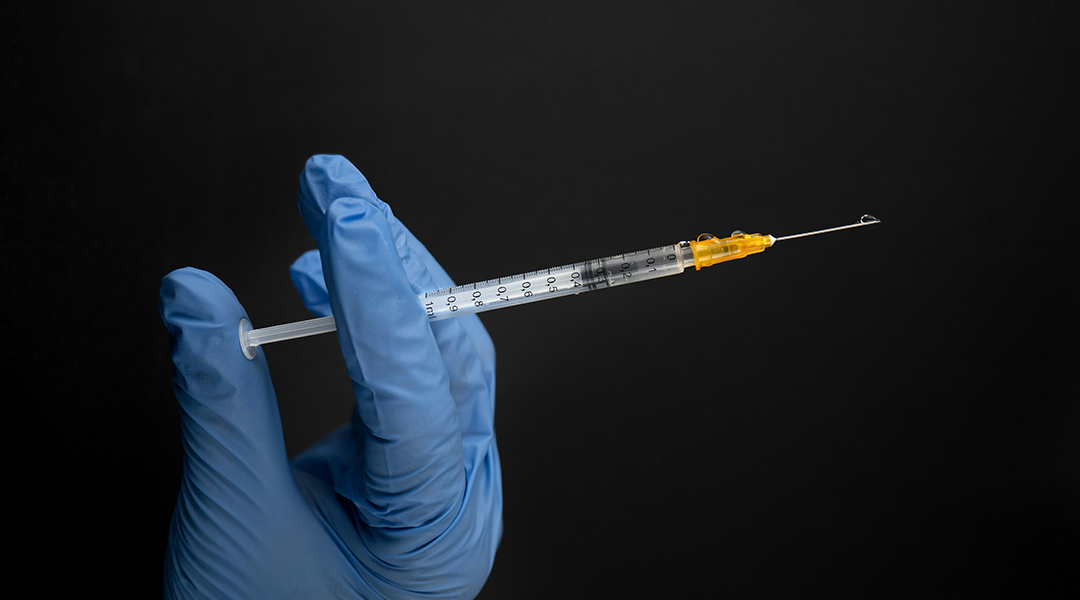
Hydrogel-based microspheres better control the release of drugs, providing better post-op pain relief and fewer side effects.
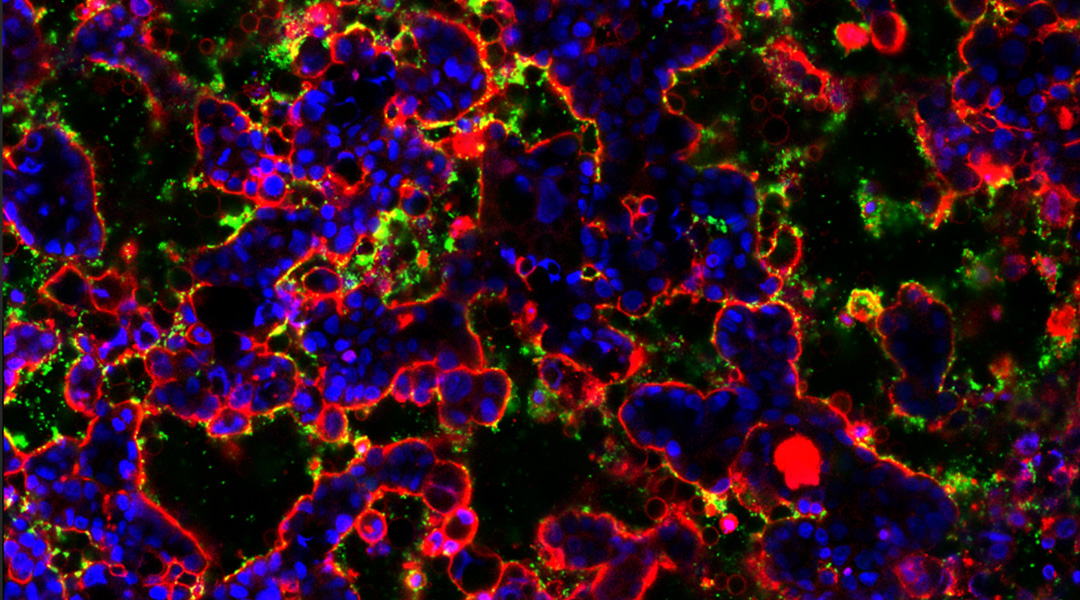
This artificial gut will allow scientists to gain deeper insights into the biome that exists there and how dysregulation can lead to disease.